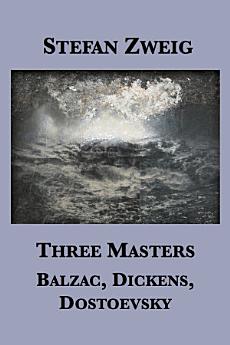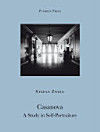Three Masters: Balzac, Dickens, Dostoevsky
Über dieses E-Book
In Zweig’s view, Balzac set out to emulate his childhood hero Napoleon. Writing 20 hours a day, Balzac’s literary ambition was “tantamount to monomania in its persistence, its intensity, and its concentration.” His characters, each similarly driven by one desperate urge, were more vital to Balzac than people in his daily life.
In Zweig’s reading, Dickens embodied Victorian England and its “bourgeois smugness”. His characters aspire to “A few hundred pounds a year, an amiable wife, a dozen children, a well-appointed table and succulent meats to entertain their friends with, a cottage not too far from London, the windows giving a view over the green countryside, a pretty little garden, and a modicum of happiness.” The ideal of middle-class respectability suffuses Dickens’ fiction.
Dostoevsky drew on the struggles of his own life to illuminate the contradictions of the human soul. In Zweig’s view, his heroes had no desire to be citizens or ordinary human beings. While Balzac’s heroes “would gladly have subjugated the world, Dostoevsky’s heroes wished to transcend it.”
Autoren-Profil
Stefan Zweig (1881-1942) was the most widely read German-language author of the twentieth century. Zweig was a secular Jew, a Pan-European and a pacifist. He was born in Vienna on November 28, 1881 and studied there and in Berlin. As a young man, he translated French poetry by Verlaine, Baudelaire, and Verhaeren into German. He quickly branched out into journalism, fiction, biography and writing for the theater. His plays, including the anti-war Jeremiah, were produced throughout Europe. His books were eventually translated into over 50 languages. Today, he is best known for his many works of non-fiction. They include the classic memoir The World of Yesterday and many biographical essays on famous writers and thinkers such as Erasmus, Tolstoy, Balzac,








